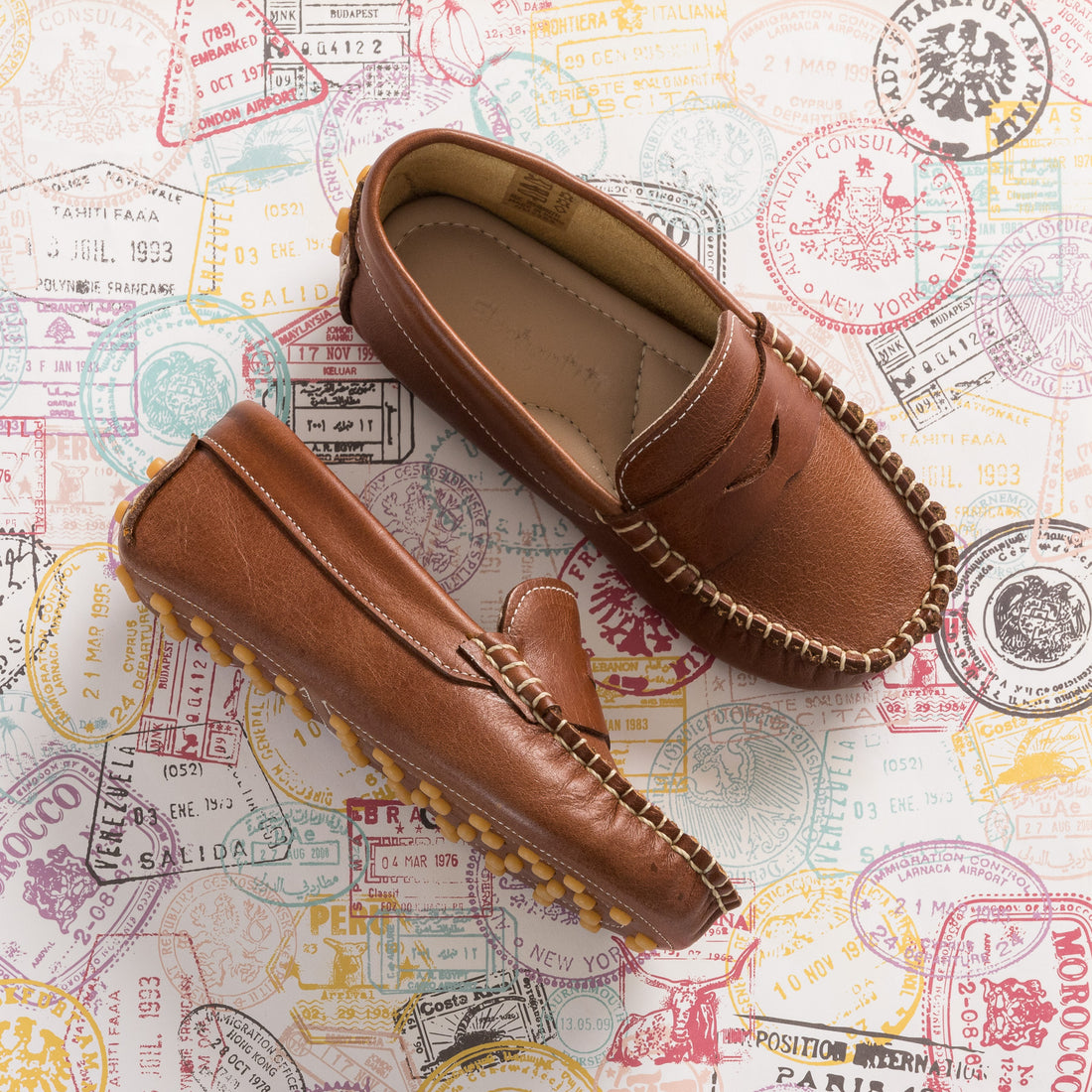In an age dominated by the fast fashion culture, the impact extends beyond environmental concerns to shape our children's values and perspectives on consumption, relationships, and the world around them. This trend not only contributes to ecological degradation but also fosters a culture of disposability that clashes with fundamental values we aim to instill in the next generation.
Fast fashion's relentless pursuit of trends and rapid turnover of styles inadvertently sends a message to our children that relationships, including those with the things they possess, are short-lived. The emphasis on quick, low-cost fashion encourages them to view clothing and accessories as transient commodities, rather than items to be cherished and maintained over time. This outlook may influence their attitudes towards people, experiences, and even the environment, as they become accustomed to a culture of instant gratification and constant novelty.
Our children need guidance in understanding the value of long-lasting relationships, not only with each other but also with the possessions they acquire. Investing in products that are built to endure, like our best leather shoes for kids, introduces them to the concept of craftsmanship, quality, and the idea that items can be cherished and passed down through generations. By doing so, we encourage them to appreciate the efforts of artisans and develop a sense of pride in owning something that stands the test of time.
Teaching our children to respect hard work is essential, and fast fashion's disposable nature can inadvertently undermine this value. When we choose to support products crafted with care and dedication, we demonstrate the importance of valuing the effort that goes into creation. Rather than consuming impulsively, we encourage them to consider the stories behind each item and to recognize the significance of labor, skill, and dedication in every artisan-made piece.
Furthermore, the connection between fast fashion and its detrimental effects on the environment offers a valuable lesson in responsibility and respect for nature. By embracing sustainable choices, like selecting items with longevity and craftsmanship, we foster a sense of stewardship for the planet. This approach allows us to educate our children about the consequences of their consumption decisions and inspire them to consider the environmental impact of their choices.

